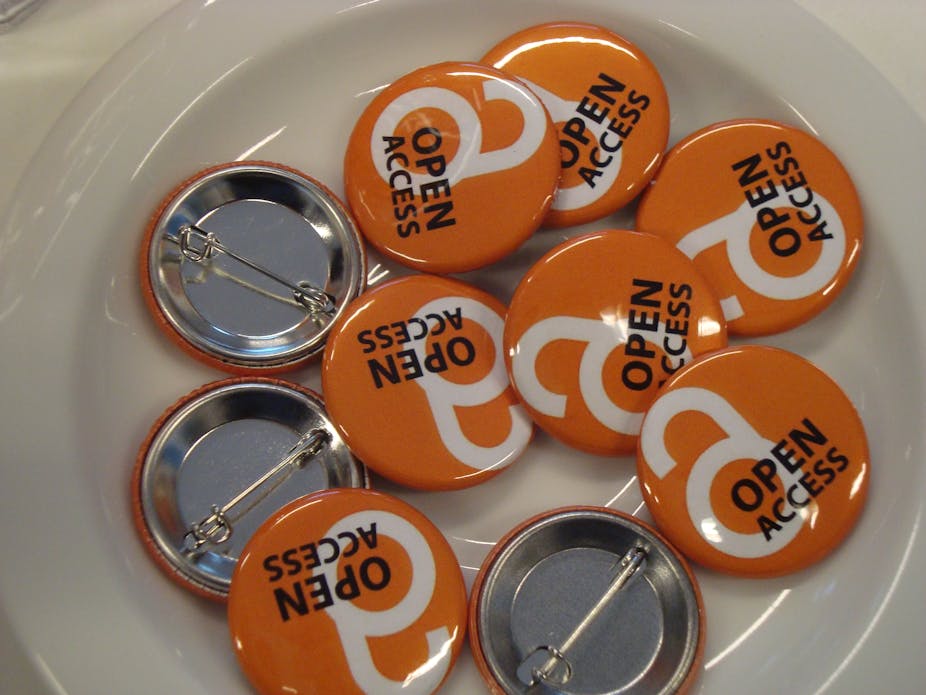The Australian Research Council (ARC) is considering a plan to require free public access to all scientific papers created as a result of projects it funds, potentially bringing it into line with the open access policies adopted by CSIRO and the National Health and Medical Research Council.
The move to create greater public access to data follows an announcement in July that the European Commission and the UK Research Councils would mandate open access for research they funded.
“The ARC is currently consulting with the higher education research community about its proposed open access policy,” ARC chief executive officer Aidan Byrne said in a letter responding to an open letter published in The Conversation from University of Sydney researchers Alex Holcombe and Matthew Todd.
“Based on the feedback I have seen so far I am optimistic about the implementation of the policy. Out next step is to look at incorporating the policy into our new funding rules and agreements,” Professor Byrne wrote.
But he added mandating open access to scientific data is not straightforward, with many issues for the ARC to consider.
Dr Holcombe and Dr Todd, both of whom receive funding from the ARC, have argued the ARC could make data sharing a condition of the grants it gives researchers. They have said data sharing would result in discoveries beyond the capability of any one lab, and that it may only be through open science, with massively collaborative efforts, that urgent problems of the world can be solved.
Incoming ARC executive director Brian Yates said he’s fully supportive of open access, but it would take some time to work through the legal and copyright issues that come with it.
“More open sharing of results should be encouraged. That’s easy to do within an institution, have institutional repositories of papers and then later on as people sort through copyright issues, those repositories will be opened up.”
Professor Yates agreed with the notion of grants being linked to open access.
“I fully support the suggestion that ARC funding be tied to making those research results more widely accessible.”

